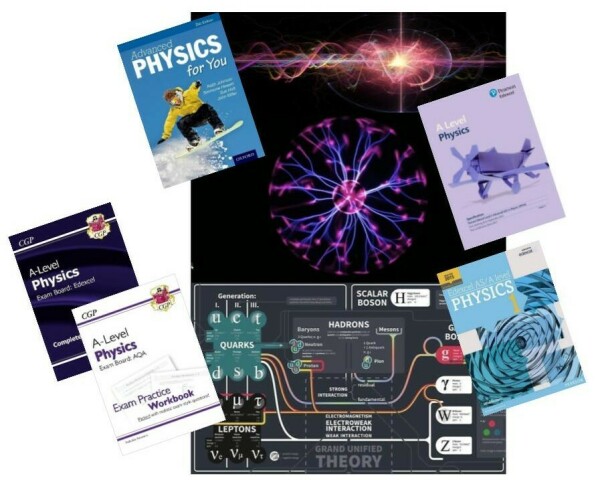Physics A-Level (Edexcel)
Course Overview
Physics is increasingly popular at Angmering and is a key subject for lots of STEM careers; particularly in engineering, architecture and design, medicine, careers in the energy sector, the aeronautical and automotive industries, electronics and many more.
At Angmering we follow the EDEXCEL Concept-led approach, through which you will cover topics about mechanics and dynamics, electrical circuits, materials and fluids dynamics, waves and the particle nature of light, magnetic and electrical fields, nuclear physics, quantum physics, astrophysics and cosmology, across the 2 year course.
In addition to the curriculum content, there is also a strong focus on practical work, problem solving and the application of mathematical and analytical skills to investigate and draw conclusions about the physical universe; these are transferable skills and as such are highly valued in other fields such as business and finance.
Students of A level Physics will gain an understanding of the link between theory and experiment and will develop skills in designing and executing experiments. You will also develop an appreciation of the importance of Physics in a social, philosophical, economic and industrial context. Students are expected to demonstrate and apply knowledge, understanding and skills developed throughout the course. Students will also be expected to analyse, interpret and evaluate a range of scientific information, ideas and evidence.
Resources: All students are provided with a long term loan text book, and revision guides and work books are sold at discount via Parent Pay.

In Year 12 students receive 9 hours per fortnight of direct instruction and are expected to complete 4 hours of independent learning each week.
In Year 13 students receive 8 hours per fortnight of direct instruction and are expected to work and revise independently for a minimum of 4 hours per week.
Lessons include theory and practical work and cover the skills required to pass the Assessed Practical element of the course.
The course is linear and consists of 12 units which can be viewed in the specification. The foundation principles of energy and forces are taught and then applied in topics such as electricity, materials, cosmology, quantum and particle physics. The aim of the course is to improve knowledge and understanding of many areas of physics as well as to develop skills in various scientific methods. It is hoped that you will develop an appreciation of the role and contribution of physics to society.
There will be three exams at the end of the course, two of which are 1 hour 45 minutes testing specific aspects of the syllabus and one of 2 hours 30 minutes assessing general practical principles. There are also 16 required practicals which must be completed to achieve a science practical endorsement certificate.
A physics qualification opens doors to a variety of jobs and courses. All the technology that surrounds us is based on the principles of Physics, so if you are considering working in any area related to technology from Music to Medicine, or Lasers to Law – studying Physics is an essential first step.
Physics A level is normally a requirement for degree level study in Engineering, and is best combined with Maths A level which supports the high level Maths content of the course.
You should be on track to achieve a minimum of 5 GCSEs at grades 4 - 9, including at least grade 6 in Physics (or 66 in Combined Science), a grade 6 in Maths and a 4 English (Language or Literature).
Please complete this task before you start the course, and be ready to hand it in on the first lesson in September.
Please also work through the Transition Pack below. Students will be given a baseline assessment in week 2 based on their learning from the booklet.

